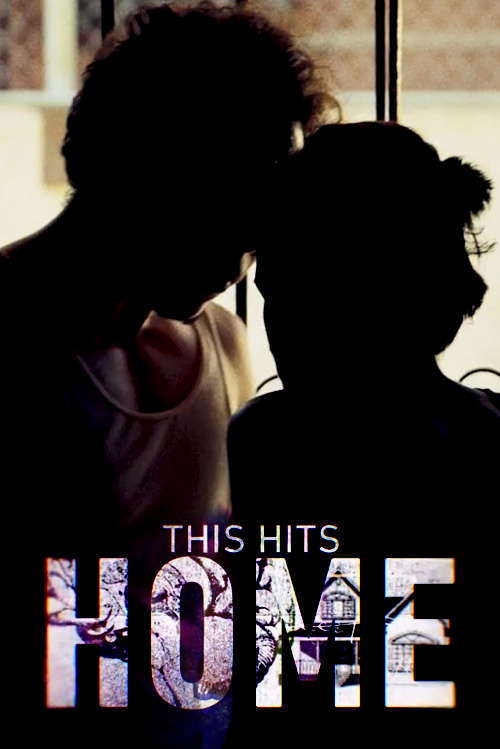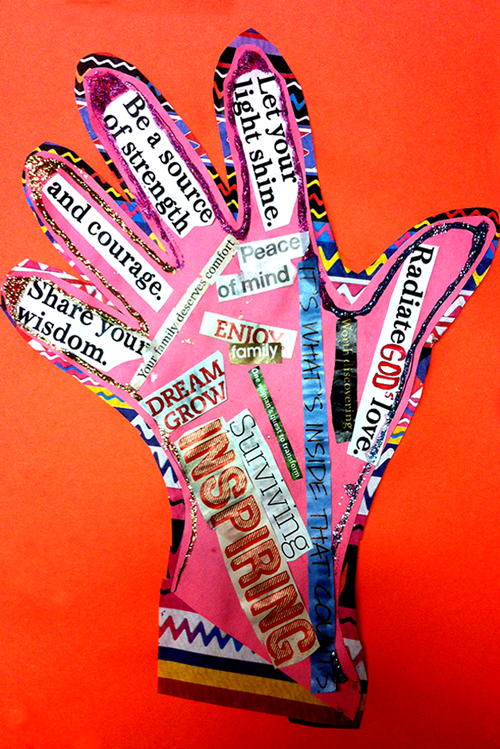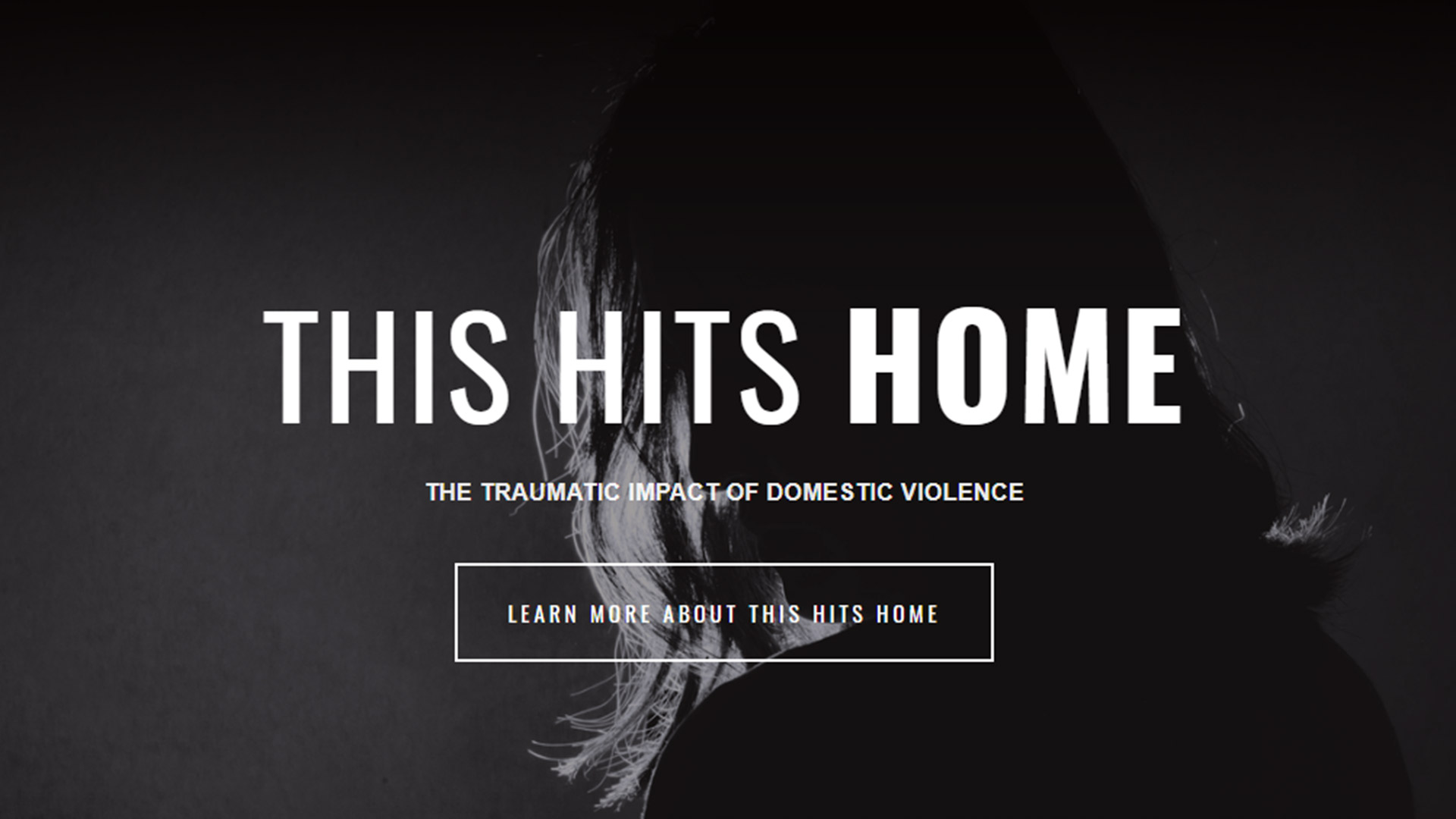Pánfila Domestic Violence
HOPE Foundation
Pánfila’s Vision
Pánfila’s Mission
National Domestic Violence Hotline
If you need immediate help or advocacy for your domestic violence situation
Call 1-800-799-SAFE
For deaf/hard of hearing: 1-855-812-1011 (VP), 1-800-787-3224 (TTY)
Online: https://www.thehotline.org/help/
The Problem
Domestic violence victims, survivors, and thrivers often suffer countless nonconcussive head impacts and other types of traumatic brain injury (TBI) and head trauma during episodes of domestic violence that can last for decades and/or a lifetime. According to the Centers for Disease Control and Prevention (CDC), TBI is an injury that affects how the brain works. It may be caused by an external bump, blow, or jolt to the head, or a penetrating injury (such as from a gunshot) to the head. There are three main types of TBI: 1) mild; 2) moderate; and 3) severe.
Symptoms of a TBI, including severe headaches, nausea or vomiting, dizziness, noise and light sensitivity, weakness in the limbs, loss of coordination, speech and memory problems, confusion, agitation or combativeness, and others, can significantly impede individuals from completing daily tasks.
While concussions, a type of mild TBI, presents symptoms, nonconcussive head impacts are asymptomatic. Tragically, this form of head trauma may have an accumulative effect and lead to neurological impairment later in life including chronic traumatic encephalopathy (CTE). CTE symptoms, including memory loss, confusion, impaired judgment, impulse control problems, aggression, depression, anxiety, suicidality, parkinsonism, and, eventually, progressive dementia, can also impede individuals from functioning fully in life.
Because nonconcussive head impacts are asymptomatic, it has been difficult to track prevalence rates. However, domestic violence rates are tracked in most countries which have consistently reported that 1 in 3 women are victims of domestic violence during their life time, with higher prevalence rates among disenfranchised females. The United States has limited data on TBI prevalence among domestic violence female victims and men with a history of abuse. This data points to a silent and ignored epidemic of TBI in the domestic violence population and arguably pandemic.
Pánfila Domestic Violence HOPE Foundation (“Pánfila”) was created to ensure that brain injuries and head trauma suffered by persons who experience domestic violence will no longer be overlooked.
Just as our society could not ignore evidence of an epidemic of lung cancer caused by tobacco, in our time, we must demand action in response to the potential pandemic of DV-TBI and head trauma.
Pánfila believes our society will respond to the call to begin addressing and providing help for individuals impacted by the silent and long ignored pandemic of DV-TBI and head trauma and potentially DV-CTE. Science will be the game-changing factor that ends the stigma of domestic violence and opens up long-needed conversations about saving lives while developing needed treatment and resources to individuals suffering from DV-TBI and DV-CTE.
-
Traumatic brain injury
David Dodick, MD “We must coalesce around an urgent mission to stop an unchecked global epidemic of domestic violence-related traumatic brain injury. Scientists are only beginning to understand the connections between domestic violence and a range of devastating brain diseases. I’m inspired by Dr. María E. Garay-Serratos’ unwavering commitment and applaud her for creating the Pánfila Domestic Violence HOPE Foundation, and for bringing medical researchers together with social scientists, public health educators, domestic violence advocates, and all individuals impacted by domestic violence to drive critical scientific research and public education on the serious health risks of domestic violence.”
“We must coalesce around an urgent mission to stop an unchecked global epidemic of domestic violence-related traumatic brain injury. Scientists are only beginning to understand the connections between domestic violence and a range of devastating brain diseases. I’m inspired by Dr. María E. Garay-Serratos’ unwavering commitment and applaud her for creating the Pánfila Domestic Violence HOPE Foundation, and for bringing medical researchers together with social scientists, public health educators, domestic violence advocates, and all individuals impacted by domestic violence to drive critical scientific research and public education on the serious health risks of domestic violence.” -
Domestic violence
Richard J. Caselli, M.D. “Pánfila fills an important niche in the fight against domestic violence by drawing attention to the combined neurological and psychological trauma that victims suffer.”
“Pánfila fills an important niche in the fight against domestic violence by drawing attention to the combined neurological and psychological trauma that victims suffer.” -
Silent epidemic
Robert A. Stern, Ph.D. “I fear that there is a growing silent epidemic of chronic traumatic encephalopathy and other long-term consequences of repetitive brain trauma from domestic violence. It is critical that awareness is raised, that there is tremendous outreach and support, and that research is conducted into this important issue. I am so very proud to be involved with the Pánfila Domestic Violence HOPE Foundation in its mission to address these needs and improve the lives of countless individuals now and in the future.”
“I fear that there is a growing silent epidemic of chronic traumatic encephalopathy and other long-term consequences of repetitive brain trauma from domestic violence. It is critical that awareness is raised, that there is tremendous outreach and support, and that research is conducted into this important issue. I am so very proud to be involved with the Pánfila Domestic Violence HOPE Foundation in its mission to address these needs and improve the lives of countless individuals now and in the future.” -
Better research
Nicole Fisher "Better research to understand domestic violence and brain injury is paramount to change. But it cannot stop there. We must use our ever-growing base of scientific evidence to develop and execute educational campaigns and communicate with those that need our help most. I joined Pánfila Domestic Violence HOPE Foundation because we finally have a place to bring all the pieces together - and there is no time to spare in our collective effort to improve - and protect - the lives of millions of people."
"Better research to understand domestic violence and brain injury is paramount to change. But it cannot stop there. We must use our ever-growing base of scientific evidence to develop and execute educational campaigns and communicate with those that need our help most. I joined Pánfila Domestic Violence HOPE Foundation because we finally have a place to bring all the pieces together - and there is no time to spare in our collective effort to improve - and protect - the lives of millions of people." -
TBI as a result of domestic violence
Anthony Martinez “Since birth, I have been dealing with TBI as a result of domestic violence. For years, I felt confused, embarrassed, and lost because of the effects TBI had on me. As I got older, I learned to not only accept my past and how it altered my life but embrace it because without my experiences and trauma I would not be the strong person I am today. I am passionate about being part of Pánfila because it provides support and embraces everyone living with domestic violence including children, and men like me. Through Panfila, I can now support other victims of abuse and victims with TBI and shed light on this condition.”
“Since birth, I have been dealing with TBI as a result of domestic violence. For years, I felt confused, embarrassed, and lost because of the effects TBI had on me. As I got older, I learned to not only accept my past and how it altered my life but embrace it because without my experiences and trauma I would not be the strong person I am today. I am passionate about being part of Pánfila because it provides support and embraces everyone living with domestic violence including children, and men like me. Through Panfila, I can now support other victims of abuse and victims with TBI and shed light on this condition.” -
Suffering from DV-TBI
Elizabeth Vera “As a woman living with traumatic brain injury as a result of domestic violence (DV-TBI) and mother of two children also suffering from DV-TBI since infants, it has been emotionally challenging and overwhelming to find resources and support. I was dismissed, judged and blamed by many professionals. Through Pánfila, I will bring light, educate and advocate for families who are touched by DV-TBI .”
“As a woman living with traumatic brain injury as a result of domestic violence (DV-TBI) and mother of two children also suffering from DV-TBI since infants, it has been emotionally challenging and overwhelming to find resources and support. I was dismissed, judged and blamed by many professionals. Through Pánfila, I will bring light, educate and advocate for families who are touched by DV-TBI .”
Dr. Garay-Serratos’ domestic violence – chronic traumatic encephalopathy/traumatic brain injury (DV-TBI/CTE) and overall head trauma journey in the wake of learning that her mother’s repeated head trauma and subconcussive head impacts from María’s father caused CTE and possibly early-onset Alzheimer’s disease (AD), serves as the backdrop for This Hits Home, a powerful new feature documentary. These progressive neurodegenerative disorders led to her mother’s premature death. Her resolve that all who are affected by DV must be heard and helped stems from the awareness that her father’s uncontrollable rages, impulses, irritability, etc. were from CTE as a result of the DV-nonconcussive head impacts and TBI he suffered throughout his childhood at the hands of his father.
This Hits Home reveals the invisible and silent epidemic of permanent TBI in women devastated by DV in the US. Along with Dr. Garay-Serratos’ story, the intimate and compelling stories of courageous DV female victims, survivors, and thrivers, insights from lawmakers and DV authorities, and the shocking revelations from world renowned experts at the Mayo Clinic, Harvard University, Boston University, and the University of Pennsylvania, combine to paint a chilling portrait of brain injury that forever changes the lives of individuals impacted by DV. Supported by the National Football League Players Association (NFLPA) and the American Brain Foundation (ABF), this feature unearths a distressing truth, begins a global discussion, and sounds the alarm for a call to action.
Dr. Garay-Serratos is the Protagonist, Associate Producer, and DV-TBI/CTE Expert Consultant for This Hits Home
THIS HITS HOME
Have you seen
This Hits Home?
Click here to tell us what you learned from the film.
HEALING JOURNEY
Tell us about your experience with domestic violence
Is DV-TBI a silent epidemic?






